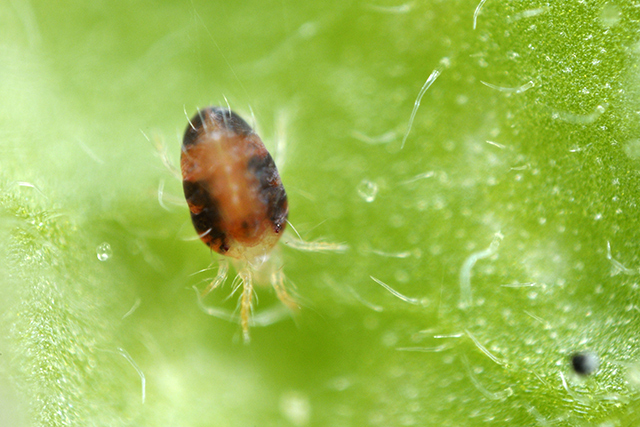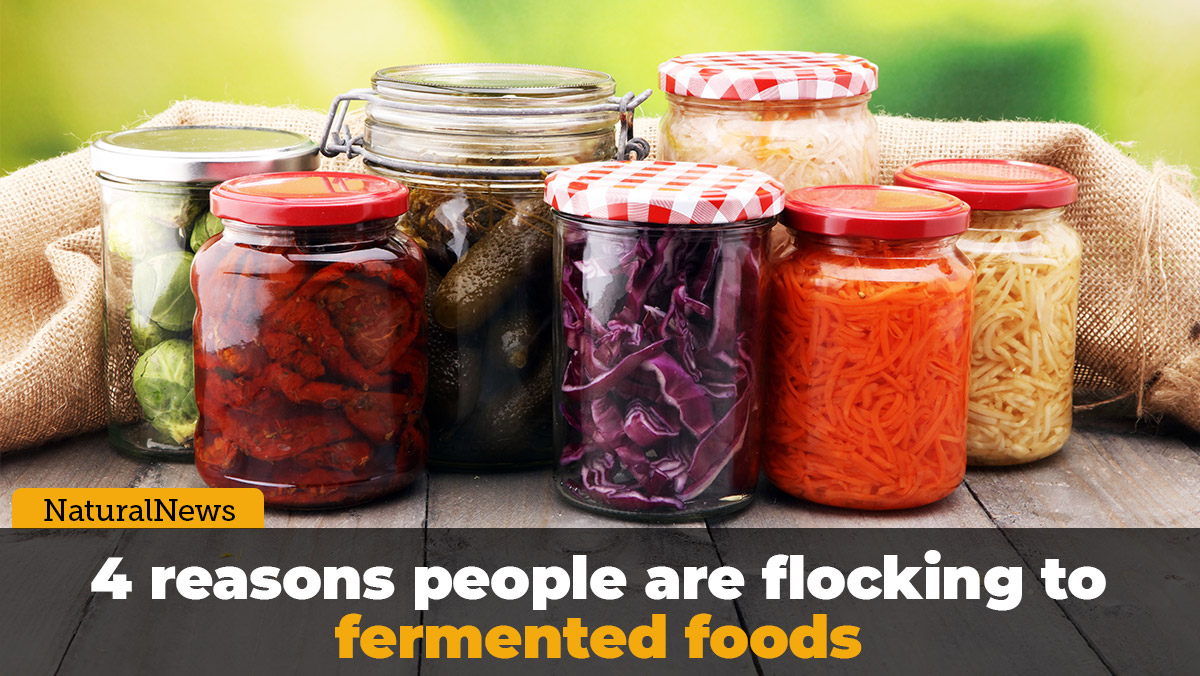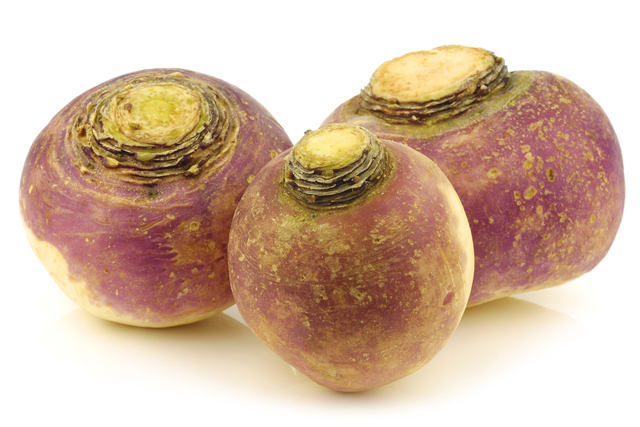Shiitake Mushroom – sources, health benefits, nutrients, uses and constituents at NaturalPedia.com
07/12/2017 / By Frances Bloomfield

Shiitake mushrooms are an edible fungus native to East Asia. Although they grow naturally on rotting deciduous trees, they’re cultivated as well, with China supplying over 80 percent of the shiitake mushrooms on the market. These small, dark-brown mushrooms are a popular food in China, Japan, and Korea thanks to their rich, smoky flavor. Shiitake mushrooms have been widely used in traditional medicine as well due to their wealth of beneficial organic compounds.

List of known nutrients
Shiitake mushrooms have minimal calories yet plenty of nutrients, which include:
- Copper
- Eritadenine
- Fiber, including beta-glucans
- Germanium
- Iron
- Lenthionine
- Lentinan
- Manganese
- Selenium
- Sterols
- Vitamin B2 (Riboflavin)
- Vitamin B3 (Niacin)
- Vitamin B5 (Pantothenic acid)
- Vitamin B12 (Cobalamin)
- Vitamin C
- Vitamin D
- Zinc
Shiitake mushrooms are an excellent source of copper, vitamin B5, and selenium: a half cup of cooked shiitake mushrooms can provide 72 percent of the recommended daily value of copper, 52 percent of the recommended daily value of vitamin B5, and 33 percent of the recommended daily value of selenium.
Vegetarians can turn to shiitake mushrooms for protein and iron, as these fungi can provide both.
Medicinal uses for shiitake mushrooms
Frequent consumption of shiitake mushrooms can alleviate the symptoms of:
- AIDS
- Bronchial Inflammation
- Cancer
- Candida
- Cavities
- Eczema
- Environmental Allergies
- Flu
- HIV
- Hepatitis
- High Cholesterol
- Rosacea
- Thrombosis
- Urinary Incontinence
Shiitake mushrooms are good for remedying high cholesterol, as they contain three beneficial compounds that do just that: eritadenine inhibits an enzyme involved in cholesterol production, sterols block cholesterol absorption in the gut, and beta-glucans lower cholesterol.
Thanks to its high concentration of selenium and adequate amounts of vitamin D, shiitake mushrooms can increase the body’s defenses against environmental allergens.
Oil derived from shiitake mushrooms is believed to ease thrombosis. This is due to the presence of lenthionine, an organic compound that helps give shiitake mushrooms their flavor, as well as inhibit platelet aggregation in the body.
Body systems supported by shiitake mushrooms
The nutrients in shiitake mushrooms allow them to support and sustain:
- Bones
- Cardiovascular system
- Digestive system
- Immune system
- Skin
- Teeth
Eating shiitake mushrooms can boost the immune system. This is because they contain lentinan, a polysaccharide found in the sporocap that stimulates white blood cell production.
Shiitake mushrooms can assist in calcium absorption and can provide iron to the body, making it one of the best foods for healthy bones and teeth. Additionally, mushrooms are the only natural plant source of vitamin D, and shiitake mushrooms are no different.
Ways to use shiitake mushrooms
Shiitake mushrooms are notable for having an umami flavor, meaning they can add a savory touch to any dish. This has made them a good addition to savory recipes like beef tenderloin, mushroom pasta, and risotto. As a popular food in East Asia, shiitake mushrooms feature in plenty of East Asian dishes like donburi and lo mein.
Shiitake mushrooms can be purchased fresh, dried, or rehydrated. Note that raw shiitake mushrooms are believed to offer the most health benefits, while cooking them can deplete a portion of their nutritional content. So anyone who wishes to get the most out of shiitake mushrooms are better off consuming them raw.
They also come in supplement form.
Where to learn more
- 10 Anti-Viral Foods That Will Keep You Healthy Year-Round
- 10 Best Super Foods for Your Teeth
- Shiitake Mushrooms Boost Immunity Says Latest Study
- Shiitake mushrooms can help prevent cervical cancer, study finds
- Shiitake mushrooms help fight cancer, reduce cholesterol, and boost immunity
Summary
Shiitake mushrooms are dense with a variety of nutrients, but their most abundant ones are copper, vitamin B5, and selenium. They contain unique compounds, like lentinan and eritadenine, that can nourish the body’s different systems and organs.
Because shiitake mushrooms are low in calories, they’re a great addition to just about any diet.
Sources include:
WHFoods.com
AuthorityNutrition.com
StyleCraze.com
AllRecipes.com
HealthyEating.SFGate.coms
Tagged Under: Shiitake Mushroom




















